| | | | | | | Presented By Aventiv Technologies | | | | Axios What's Next | | By Alex Fitzpatrick, Jennifer A. Kingson and Joann Muller · Aug 22, 2022 | | Alex here. As a decently successful mid-career journalist who never took a single formal journalism class, I can personally attest to the power of learning on the job — which is exactly what today's story is about. Today's Smart Brevity count: 1,025 words ... 4 minutes. | | | | | | 1 big thing: Apprenticeships go beyond the trades | 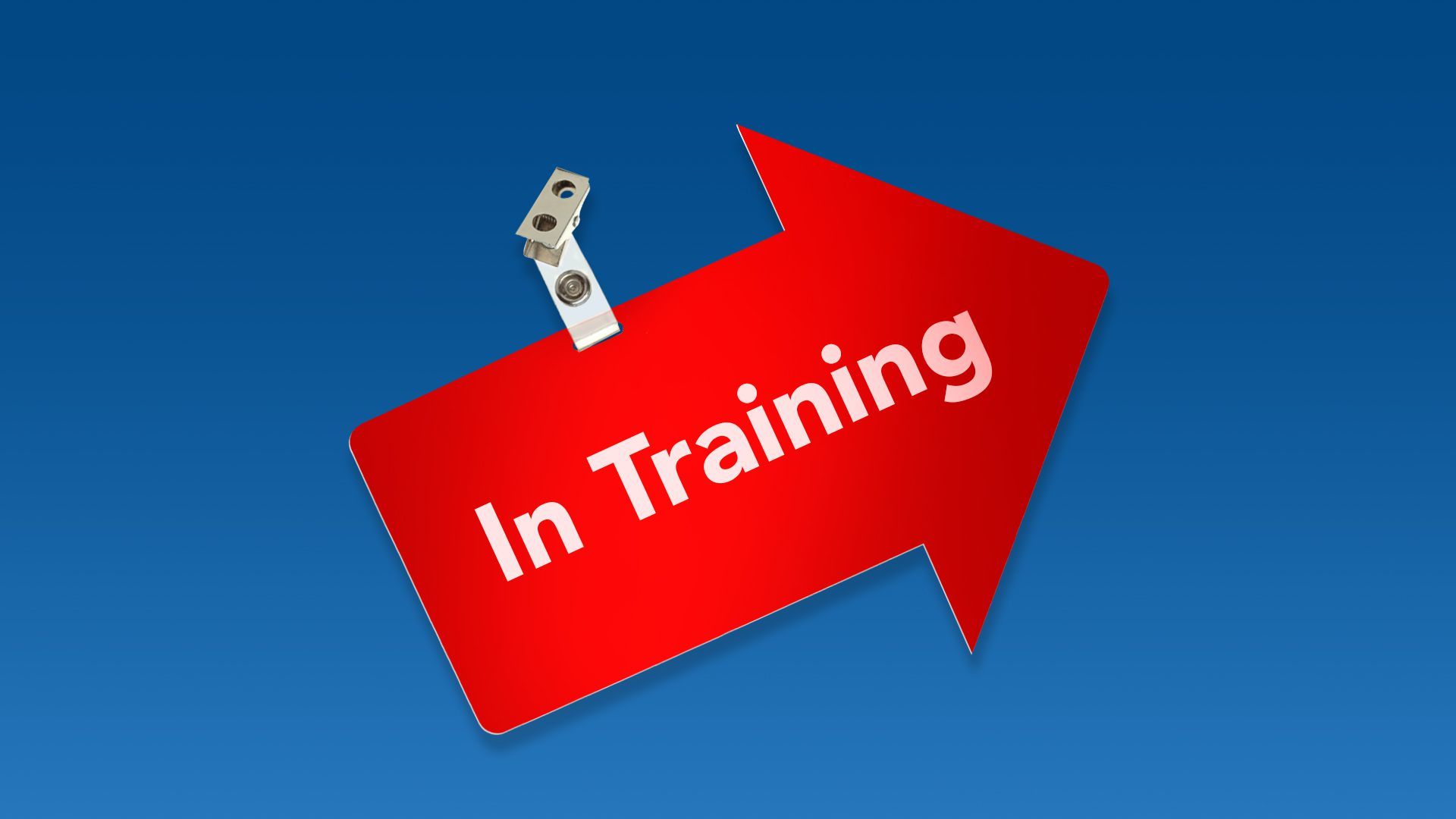 | | | Illustration: Natalie Peeples/Axios | | | | Apprenticeship programs for people without college degrees are back on the rise after a brief dip during the COVID-19 pandemic — and they're gaining traction in new fields, Alex Fitzpatrick reports. Why it matters: With the average cost of a four-year degree skyrocketing, apprenticeships — in which someone typically without a relevant college education is trained to do a certain job while earning wages — can be an appealing alternative. - Plus, apprenticeship programs can help employers tap more diverse talent pools, given that Black and Hispanic people graduate college at lower rates than other groups.
Driving the news: Multiverse, a startup that runs paid apprenticeship programs in partnership with major companies, raised $220 million at a $1.7 billion valuation this summer. - The company's aim, CEO Euan Blair tells Axios, is to popularize apprenticeships in fields without a long history of the practice, like software engineering.
- It's also trying to help companies find workers who might not otherwise reach their candidate pool.
- Multiverse is working with more than 500 companies, from Fortune 500 titans like Verizon, Visa and Cisco to upstarts like ClassPass and Box.
What they're saying: "We have allowed college admissions officers to become the gatekeepers of access to the best jobs in the labor market," says Blair. - And that's "despite the fact there's not a correlation between academics and job performance, despite the fact that colleges themselves have not been doing a great job on equity or cost on the people that go through that system," he adds.
The Biden administration, meanwhile, is pushing apprenticeships through Department of Labor initiatives, including an apprenticeship ambassador program and a 120-day cybersecurity apprenticeship "sprint," or all-out recruiting effort. - Apprenticeship efforts can complement legislation like the recently-passed semiconductor bill and Inflation Reduction Act, says Department of Labor acting assistant secretary Brent Parton.
- Both bills aim to spark domestic growth in next-gen industries, which in turn ratchets up the need for highly skilled workers.
- Apprenticeship programs are a powerful way to help employers "and do it in a way that is creating equitable opportunities," Parton says.
By the numbers: More than 241,000 people began a registered apprenticeship last year — a 9% increase from the prior year, though still short of pre-pandemic numbers. Yes, but: Plenty of hiring managers still view a college degree as table stakes for new hires in a range of fields. What's next: Apprenticeship advocates are optimistic they'll break down those barriers over time. Blair, for instance, argues that once someone gets a foot in the corporate door, their formal educational background tends to matter less over time. - "If you're an AT&T exec, and someone's been at Verizon, you don't really care about them having a degree or not having a degree, right?" he says.
- "You care about — what was their performance like at Verizon, what kind of roles did they fill, what sort of feedback would others have on them? You've got more data points at that point than the academic degree, which then becomes almost superfluous."
Share this story. |     | | | | | | 2. The best — and worst — airlines | 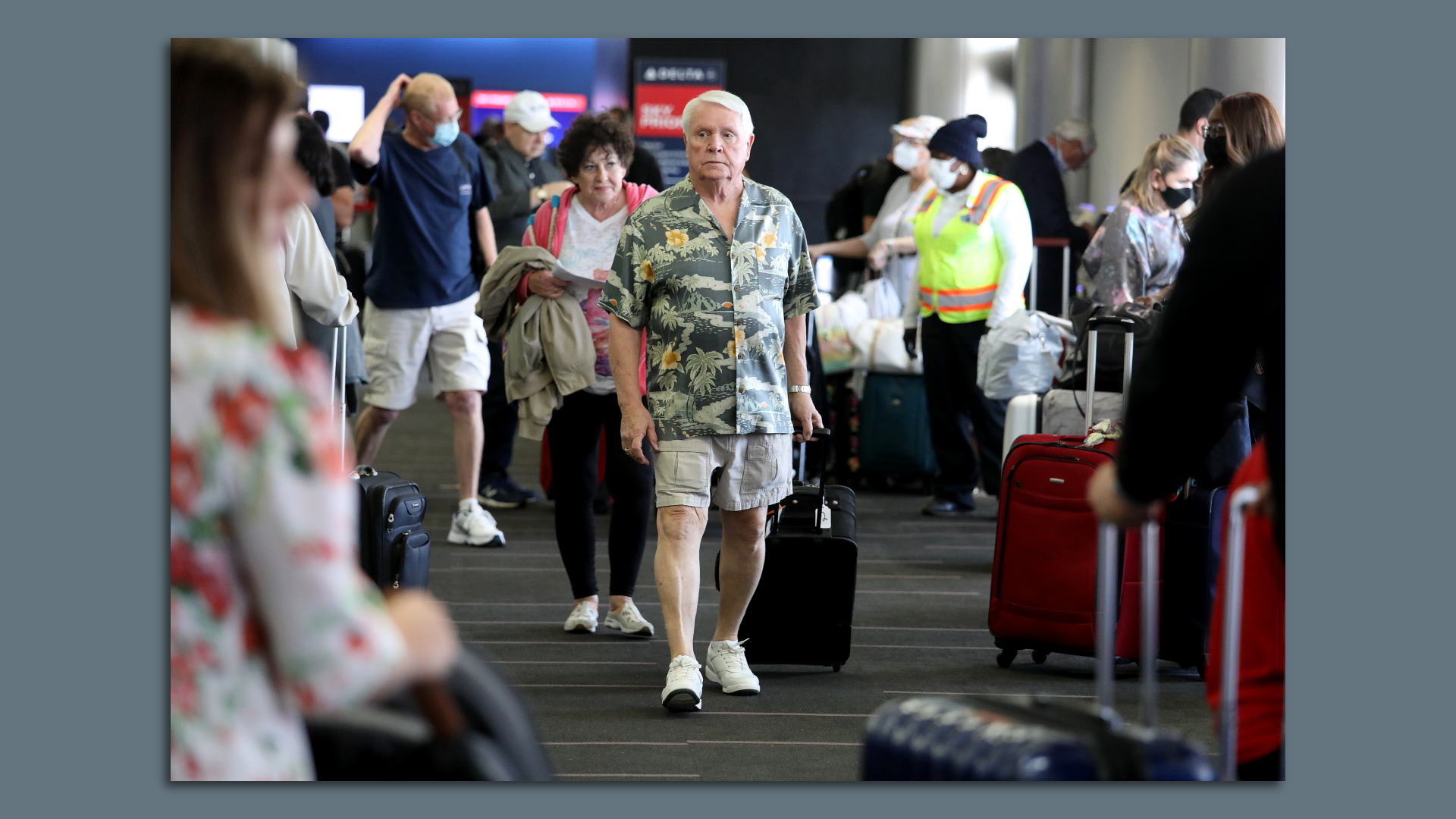 | | | Photo: Gary Coronado/Los Angeles Times via Getty Images | | | | Travel advisory site The Points Guy is out with its annual ranking of the 10 best U.S. airlines, Joann Muller reports — and Delta came out on top. Why it matters: Despite billions of dollars in government aid, understaffed airlines are still reeling from the pandemic, unable to keep pace with a sudden upswing in demand. Of note: The Points Guy's 2022 rankings are based on airlines' 2021 performance. They don't account for this summer's travel hell. Details: TPG used scaled scores to grade each airline relative to the others on a variety of criteria, such as reliability, experience, cost and loyalty. - Hawaiian Airlines was the most reliable, with just over 90% of its flights arriving on time in 2021.
- Allegiant ranked worst for delays and cancellations but tops in handling baggage and wheelchairs.
- JetBlue, with its free Wi-Fi and seatback screens, had the best cabin experience, while Delta and Alaska Airlines scored high on lounge access.
- United has the broadest route network and the best loyalty program.
The bottom line: Here's how they ranked overall, from best to worst: Delta, Southwest, United, American, Alaska, Hawaiian, JetBlue, Frontier, Allegiant and Spirit. Share this story. |     | | | | | | 3. Hallucinogenic use gets higher |  | | | Illustration: Sarah Grillo/Axios | | | | Hallucinogenic drug use is on the rise among U.S. adults, per a new study, Axios' Sareen Habeshian reports. Why it matters: Researchers have been looking into hallucinogens' potential medical and therapeutic benefits — and some Americans are "microdosing" such drugs. - But good data about their use has been hard to come by.
Driving the news: The study found that over 5.5 million adults in the U.S. used hallucinogens in 2019. - Use increased among adults 26 years and older since 2002. However, it decreased among adolescents ages 12–17.
Be smart: MDMA, psilocybin and LSD — combined with psychotherapy — have shown promise for treating a range of addictions and mental health disorders, Axios' Alison Snyder writes. Share this story. |     | | | | | | A message from Aventiv Technologies | | Bridging the digital divide inside prisons | | | 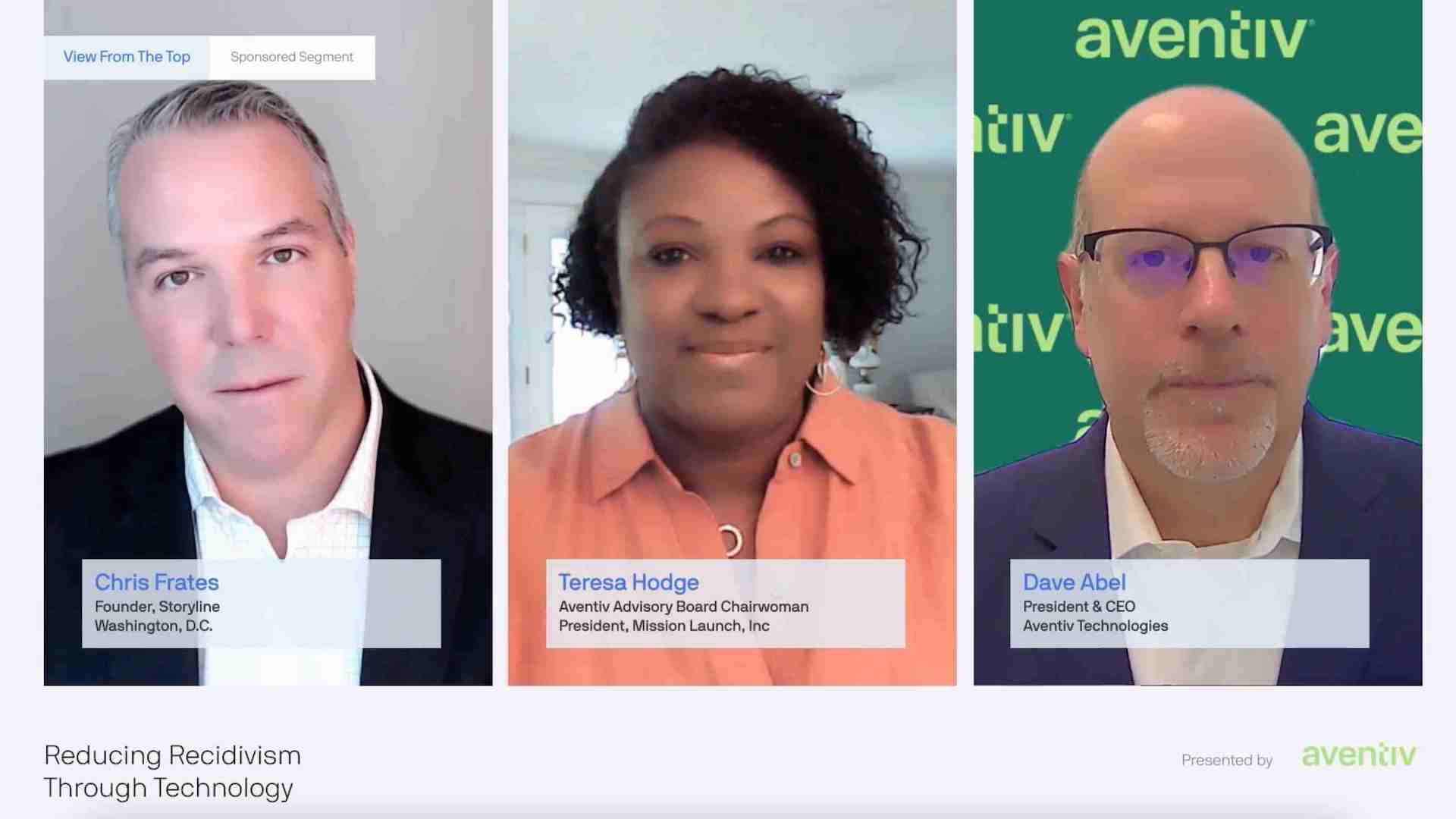 | | | | Aventiv Technologies is putting over 600,000 secure tablets into the hands of incarcerated individuals. Here's why: Access to support networks and educational materials creates more peaceful, productive facility environments and reduces recidivism rates. See the impact. | | | | | | 4. 📸 Charging up, wirelessly | 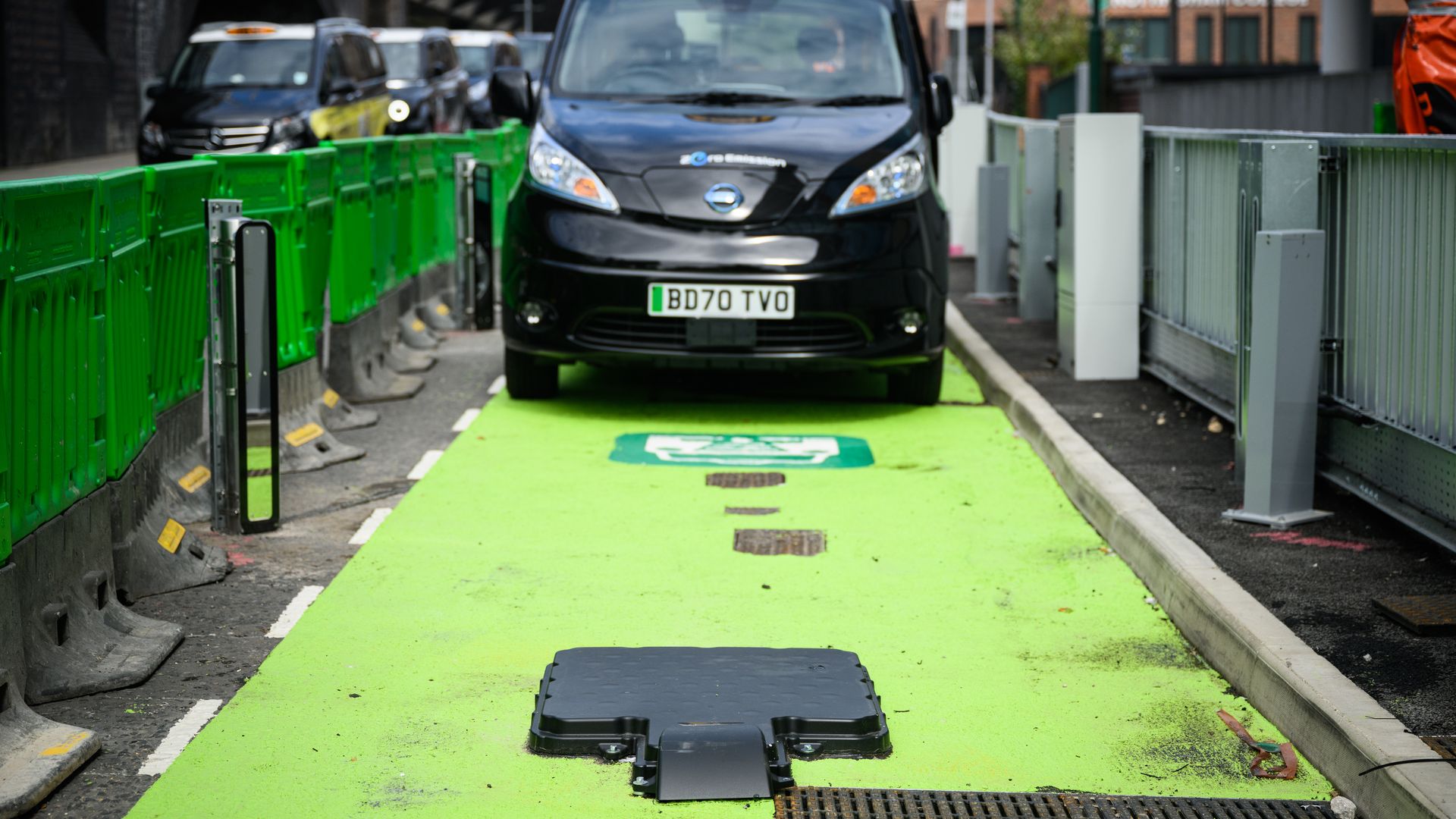 | | | Photo: Leon Neal/Getty Images | | | | The city of Nottingham, England, recently installed wireless charging tech on a handful of electric taxis in the U.K.'s first such pilot program. - The taxis can recharge by parking atop special pads installed in a pickup lane, seen above.
- Such pads are an alternative to charging stations, offering flexibility and convenience.
Be smart: Startups like ElectReon are piloting various in-road highway charging efforts around the world. |     | | | | | | 5. What you're saying: E-bikes | 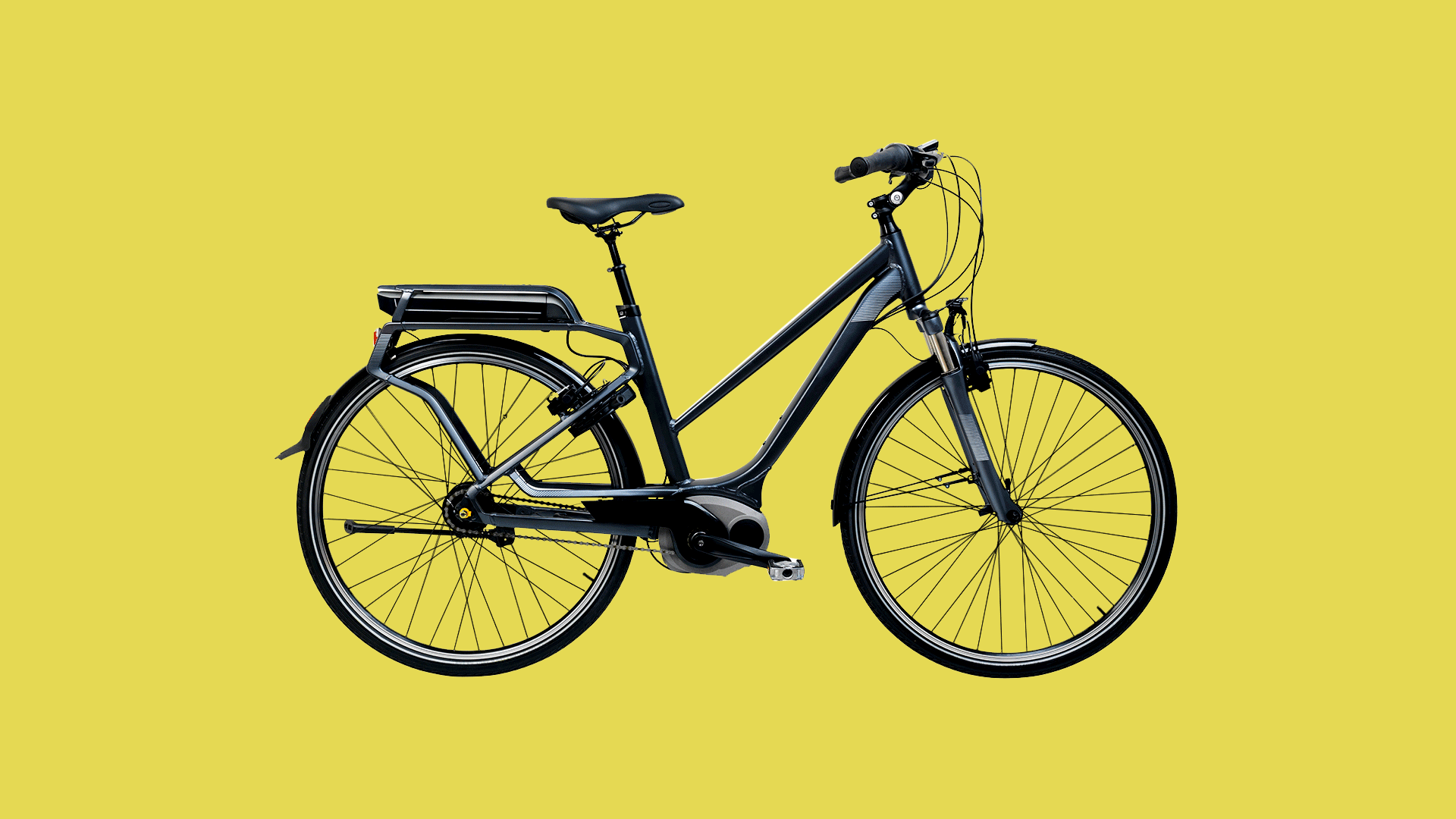 | | | Illustration: Aïda Amer/Axios | | | | Would you swap your car for an e-bike? Here's what What's Next readers are saying: - "My girlfriend has an e-bike and I ride a conventional," says Ross Harness. "We use it to get around our city and to maintain a one-car household. One of us bikes when the other needs the car. It's worked out well and is much more affordable than carrying the expense of two cars."
- "Just tried an e-bike for the first time while visiting Vancouver, B.C., and fell in love with it and want to purchase one," writes Peggy Odenbach. "I just wish more cities in the U.S. were more bike friendly, however."
- "A big problem with e-bikes is the fire hazard," emails Vanessa Wilson. "The batteries can catch fire, and inside residential spaces this is a huge problem. We are struggling with creating a policy for our apartment building."
|     | | | | | | A message from Aventiv Technologies | | "I knew that technology was going to be how I got back on my feet" | | | 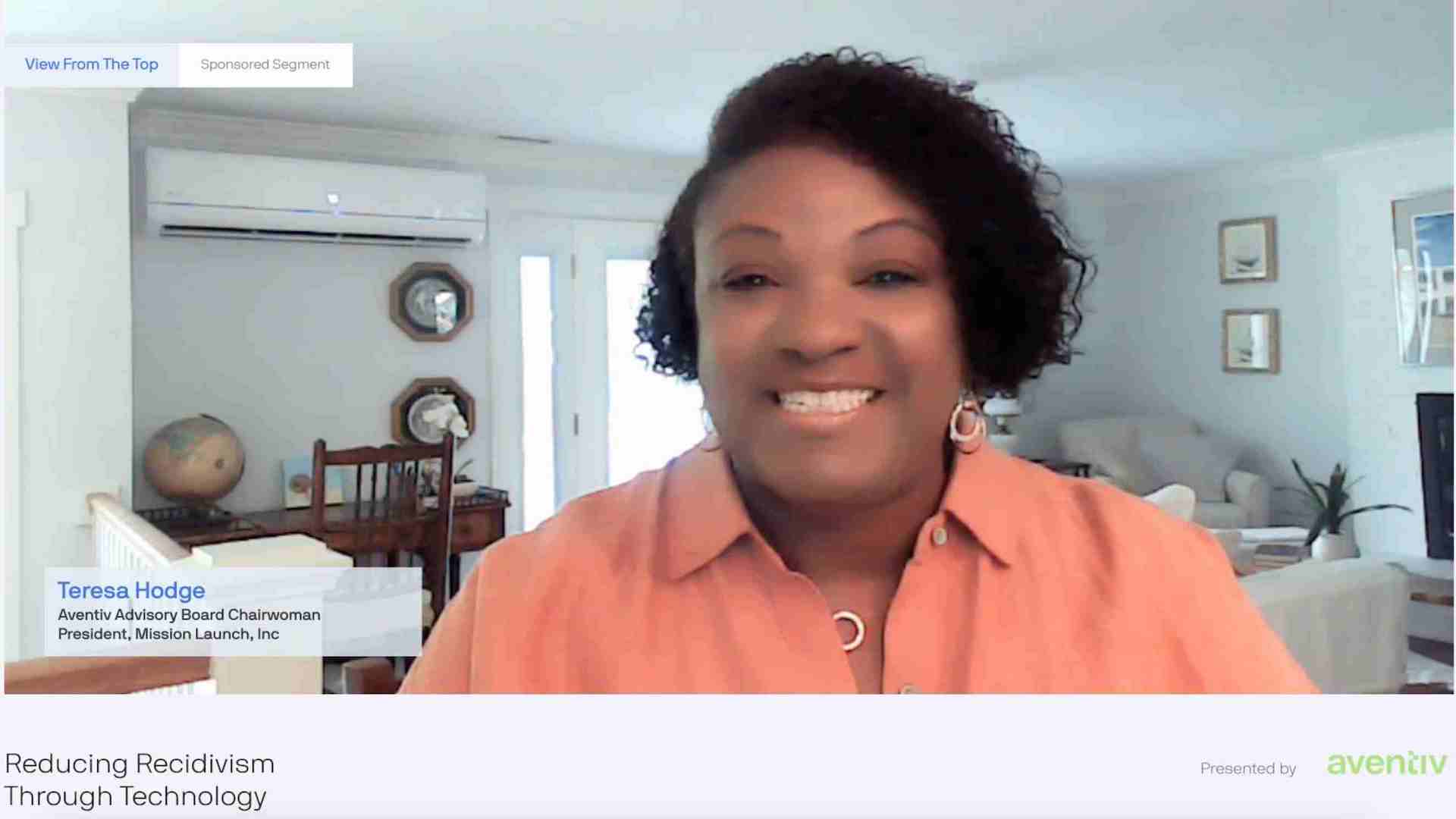 | | | | Teresa Hodge, Aventiv Advisory Board chair, came home from prison to support others — through technology. Why it's important: "I believe the more we allow technology to be used for individuals who are coming home, we're going to see those recidivism rates lower," she says. Find out more. | | | | A hearty thanks to today's What's Next copy editor, Kathie Bozanich. Was this email forwarded to you? Get your daily dose of What's Next magic by signing up here for our free newsletter. |  | | Are you a fan of this email format? It's called Smart Brevity®. Over 300 orgs use it — in a tool called Axios HQ — to drive productivity with clearer workplace communications. | | | | | | Axios thanks our partners for supporting our newsletters. If you're interested in advertising, learn more here.
Sponsorship has no influence on editorial content. Axios, 3100 Clarendon Blvd, Arlington VA 22201 | | | You received this email because you signed up for newsletters from Axios.
Change your preferences or unsubscribe here. | | | Was this email forwarded to you?
Sign up now to get Axios in your inbox. | | | | Follow Axios on social media:    | | | | | |









No comments:
Post a Comment